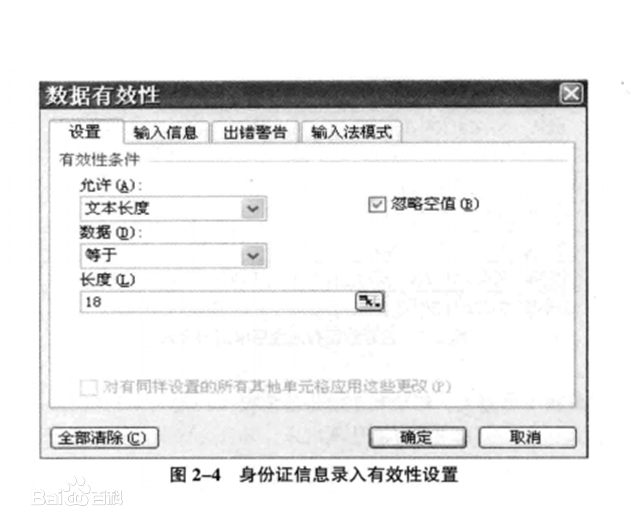Multiple organ failure (MOF) is a severe syndrome with a high mortality rate among Intensive Care Unit (ICU) patients. Early and precise detection is critical for clinicians to make timely decisions. An essential challenge in applying machine learning models to electronic health records (EHRs) is the pervasiveness of missing values. Most existing imputation methods are involved in the data preprocessing phase, failing to capture the relationship between data and outcome for downstream predictions. In this paper, we propose classifier-guided generative adversarial imputation networks Classifier-GAIN) for MOF prediction to bridge this gap, by incorporating both observed data and label information. Specifically, the classifier takes imputed values from the generator(imputer) to predict task outcomes and provides additional supervision signals to the generator by joint training. The classifier-guide generator imputes missing values with label-awareness during training, improving the classifier's performance during inference. We conduct extensive experiments showing that our approach consistently outperforms classical and state-of-art neural baselines across a range of missing data scenarios and evaluation metrics.
翻译:早期和精确的检测对于临床医生及时作出决定至关重要。在将机器学习模型应用到电子健康记录(EHRs)方面,一个基本挑战是缺失值的普及性。大多数现有的估算方法都涉及数据预处理阶段,未能掌握数据与下游预测结果之间的关系。在本文件中,我们建议分类器-以基因为指南的对抗性归正网分类-GAIN)进行预测,以弥补这一差距,同时纳入观察到的数据和标签信息。具体地说,分类器从发电机(Interuter)中提取估算值,以预测任务结果,并通过联合培训向生成者提供额外的监督信号。分类器指导器在培训过程中将缺失值与标签意识联系起来,提高分类器在预测期间的性能。我们进行了广泛的实验,表明我们的方法在一系列缺失的数据假设和评估指标中始终优于经典和状态神经基线。
相关内容
- Today (iOS and OS X): widgets for the Today view of Notification Center
- Share (iOS and OS X): post content to web services or share content with others
- Actions (iOS and OS X): app extensions to view or manipulate inside another app
- Photo Editing (iOS): edit a photo or video in Apple's Photos app with extensions from a third-party apps
- Finder Sync (OS X): remote file storage in the Finder with support for Finder content annotation
- Storage Provider (iOS): an interface between files inside an app and other apps on a user's device
- Custom Keyboard (iOS): system-wide alternative keyboards
Source: iOS 8 Extensions: Apple’s Plan for a Powerful App Ecosystem




